Global platforms such as United for Efficiency help implement energy-efficient solutions
The United Nations Development Programme (UNDP)—a founder of United for Efficiency—has been working on energy efficiency for more than 25 years. It is pleased to champion a global initiative linking leading companies, civil society and senior policymakers toward a common purpose: transforming emerging and developing economies with energy-efficient products.
They are helping to improve the performance of products consuming over half of the world’s electricity: lighting, refrigerators, air conditioners, electric motors, and transformers.
United for Efficiency provides a range of benefits: customers save money on their electricity bills, businesses achieve greater levels of productivity, utilities better meet the needs of their customers, and governments advance their development goals.
Advocating for efficiency
Significant improvements in energy efficiency and expanded use of renewable energy foster sustainable development.
Though energy efficiency is often the fastest and cheapest way to decarbonise energy use, the concept is difficult to sell.
“It has traditionally been a struggle to get the energy efficiency message out more broadly in governments and the wider society,” says Marcel Alers, Global Head of Energy, UNDP.
A variety of successful efficiency projects around the world provide compelling examples to help convince audiences of the benefits of pursuing energy efficiency.
“United for Efficiency’s free information tools and resources, such as the country savings assessments, convey the opportunity in straightforward terms such as electricity bill savings and power plant construction avoided.”
Taking Action
 UNDP recommends energy efficiency as the first choice when decarbonising energy use. It works around the world, supporting developing countries in various fields, from standards and labelling of appliances to energy efficiency in buildings.
UNDP recommends energy efficiency as the first choice when decarbonising energy use. It works around the world, supporting developing countries in various fields, from standards and labelling of appliances to energy efficiency in buildings.
Being part of United for Efficiency allows UNDP to do this work with a consistent, proven method called the Integrated Policy Approach.
The comprehensive approach ensures widespread and lasting market transformation. It includes mandatory minimum energy performance standards (MEPS), labelling and communication efforts to ensure stakeholders are well informed, financial mechanisms to support purchases of efficient products, monitoring of the market and enforcement of the rules, and safe handling of products.
Under the U4E initiative, UNDP is currently working with China, Indonesia, Kazakhstan, South Africa, Sudan, and Turkey.
Collaborating Across Sectors
United for Efficiency is comprised of over 30 partners including manufacturers, intergovernmental organisations, environmental groups, like-minded initiatives and academic institutions.
“We find it very enriching to work with fellow United for Efficiency partners with skills and resources complementing our own,” says Marcel Alers of UNDP.
Since 2015 U4E has completed and launched 150 country savings assessments showing that, at a minimum, a 10 per cent reduction in global electricity consumption is possible by 2030, saving consumers a total of $350 billion and preventing 1.25 billion tonnes of greenhouse gas emissions.


Leave a Reply